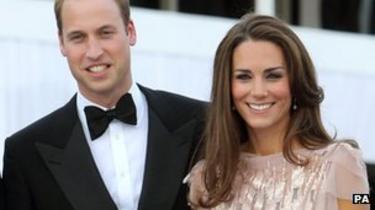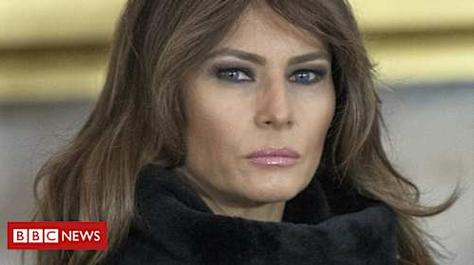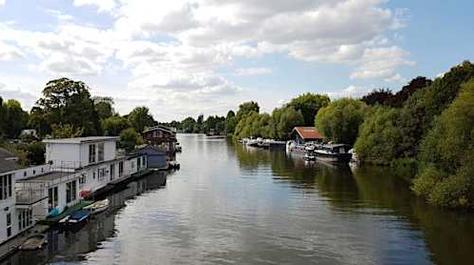Girls equal in British throne succession

Sons and daughters of any future UK monarch will have equal right to the throne, after Commonwealth leaders agreed to change succession laws.
The leaders of the 16 Commonwealth countries where the Queen is head of state unanimously approved the changes at a summit in Perth, Australia.
It means a first-born daughter of the Duke and Duchess of Cambridge would take precedence over younger brothers.
The ban on the monarch being married to a Roman Catholic was also lifted.
Under the old succession laws, dating back more than 300 years, the heir to the throne is the first-born son of the monarch. Only when there are no sons, as in the case of the Queen's father George VI, does the crown pass to the eldest daughter.
The succession changes will require a raft of historic legislation to be amended, including the 1701 Act of Settlement, the 1689 Bill of Rights and the Royal Marriages Act 1772.
The change to the Royal Marriages Act will end a position where every descendant of George II is legally required to seek the consent of the monarch before marrying.
In future, the requirement is expected to be limited to a small number of the sovereign's close relatives.
Announcing the succession changes, Prime Minister David Cameron said they would apply to descendents of the Prince of Wales. They will not be applied retrospectively.
"Put simply, if the Duke and Duchess of Cambridge were to have a little girl, that girl would one day be our queen," he said.
"The idea that a younger son should become monarch instead of an elder daughter simply because he is a man, or that a future monarch can marry someone of any faith except a Catholic - this way of thinking is at odds with the modern countries that we have become."
Australia's Prime Minister Julia Gillard said it was an extraordinary moment: "I'm very enthusiastic about it. You would expect the first Australian woman prime minister to be very enthusiastic about a change which equals equality for women in a new area."
She said the changes appeared to be straightforward. "But just because they seem straightforward to our modern minds doesn't mean that we should underestimate their historical significance, changing as they will for all time the way in which the monarchy works and changing its history."
But the campaign group Republic - which wants an elected head of state in Britain - said "nothing of substance" had been changed.
"The monarchy discriminates against every man, woman and child who isn't born into the Windsor family. To suggest that this has anything to do with equality is utterly absurd," spokesman Graham Smith said.
Queen's speech
On scrapping the ban on future monarchs marrying Roman Catholics, Mr Cameron said: "Let me be clear, the monarch must be in communion with the Church of England because he or she is the head of that Church. But it is simply wrong they should be denied the chance to marry a Catholic if they wish to do so. After all, they are already quite free to marry someone of any other faith."
The Roman Catholic Archbishop of Westminster, Vincent Nichols, said the elimination of the "unjust discrimination" against Catholics would be widely welcomed.
"At the same time I fully recognise the importance of the position of the established church [the Church of England] in protecting and fostering the role of faith in our society today," he said.
Scotland's First Minister Alex Salmond also welcomed the lifting of the ban but said it was "deeply disappointing" that Roman Catholics were still unable to ascend to the throne.
"It surely would have been possible to find a mechanism which would have protected the status of the Church of England without keeping in place an unjustifiable barrier on the grounds of religion in terms of the monarchy," he said.
"It is a missed opportunity not to ensure equality of all faiths when it comes to the issue of who can be head of state."
In her opening speech to the summit, the Queen did not directly mention the royal succession laws, but said women should have a greater role in society.
"It encourages us to find ways to show girls and women to play their full part," she said.
Previous attempts
The BBC's royal correspondent, Nicholas Witchell, said this was a hint that the Queen herself backed the change.
The Queen will celebrate her Diamond Jubilee next year and there are already two generations of kings-in-waiting - Prince Charles and his son Prince William.
In January 2011, Labour MP Keith Vaz tabled a Succession to the Crown Bill in the Commons to end gender discrimination in the succession to the throne.
He said his bill - due for its second reading on 25 November - could be used to introduce the reforms announced in Perth.
"As a society that values gender equality so highly, this is a long overdue," he said. "We will now have modern laws that fit our modern monarchy."
The royal author Robert Hardman said there had been 11 attempts in recent years by individual MPs and peers to change the succession laws.
The laws are not a matter for the 54-nation Commonwealth as a whole, only for the 16 countries which have the Queen as their head of state, known as realms.
These are Britain, Australia, New Zealand, Canada, Jamaica, Antigua and Barbuda, Belize, Papua New Guinea, St Christopher and Nevis, St Vincent and the Grenadines, Tuvalu, Barbados, Grenada, Solomon Islands, St Lucia and the Bahamas.
Chogm summit
Mr Cameron said the realms would work to implement the changes but that for historic reasons the UK would have to publish its legislation first.
The necessary changes to laws will be introduced in the next session of Parliament and New Zealand will lead a working group co-ordinating the measures across the other nations.
In his speech, the prime minister also praised the Queen's 60 years of public service and announced the creation of a Diamond Jubilee Trust to help those in need across the Commonwealth. The trust will be chaired by former Prime Minister Sir John Major.
Mr Cameron said Britain would make a multi-million pound donation to the grant-making body and encouraged other commonwealth nations to do the same.
The Commonwealth Heads of Government Meetings (Chogm) are held every two years, and present an opportunity for the 54 nations with current or former ties to Britain to discuss a range of issues.
The Chogm summit will also discuss economic growth, climate change and human rights at this year's meeting.
UK
Railways hit as snow disruption continues
- 3 March 2018
- UK
Three charged over fatal Leicester blast
- 3 March 2018
- Leicester
Lawsuit over Canyon crash newlywed's death
- 3 March 2018
- England
Features




















No comments:
Post a Comment
Note: Only a member of this blog may post a comment.